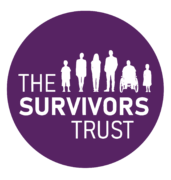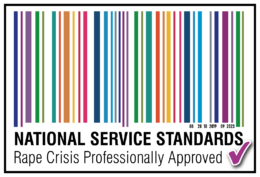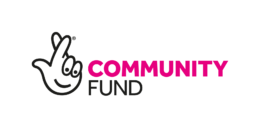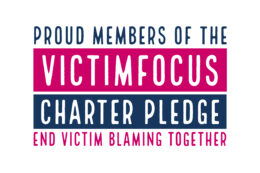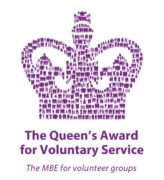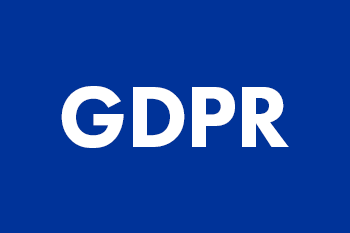Background
The mission and purpose of Coventry Rape and Sexual Abuse Centre (CRASAC) is to improve the lives of people in Coventry who have been impacted by rape and sexual abuse, enabling them to survive and thrive in life.
The centre was established in 1980 by a small group of women wanting to support other women whose lives had been impacted by rape and sexual violence. In 2010 we opened up our services to men and boys. CRASAC remains a feminist organisation and believes that sexual violence is a cause and consequence of a patriarchal society where the majority of victims and survivors are women and girls, and the overwhelming majority of perpetrators (97%) are men. We also acknowledge that sexual violence impacts everyone and we believe all survivors of sexual violence deserve to be treated with dignity and have the right to access specialist trauma informed services.
Terminology and Values
The words we use reflect our world view and words have different meanings to different people, an example is the word gender which has a number of different meanings.
Our default position is to be kind and accepting of differing views and to refer to people as they wish. We recognise the importance of being respectful, as a client centred organisation, of the needs of all our client groups. Pluralism, a position of being together but respectfully holding different beliefs, is what we aspire to be, and this supports our trauma informed approach to ‘do no further harm’.
Our Approach to Women Only Spaces
We offer specialist advocacy and one-to-one counselling for both sexes and all gender identities and we feel safety is essential for anyone accessing therapy.
Single sex spaces are important to women and girls who have been sexually assaulted by men as they are concerned for their safety. We also acknowledge that the trans community is disproportionately impacted by sexual violence and they too will have concerns about their safety, privacy, and dignity. To support people to feel safe at our centre we will offer both a single sex space for female service users, and a single gender space for all women, including trans women.
We also offer a range of group interventions which are sex specific – to access our women and girls groups you need to be female, and to access our mens groups you need to be male. There are currently too few trans clients for us to be able to offer a trans group, but should the numbers/demand increase, we will provide a group for trans people based on self-defined gender.
Occasionally it is appropriate for us to offer mixed groups, for example when working with parents/carers of abused children.
Our Commitment
We will regularly consult clients on their needs to ensure that inclusions/exclusions are proportionate for the women who require single sex spaces, and for those who identify by gender, recognising that clients may be deterred from accessing spaces if they feel their gender identity or sex is being denied. These checks will enable us to determine the proportionality of our response to the needs of our service users, following the Equality and Human Rights Commission (EHRC) guidance on single sex services.
We will record and offer services by both sex and gender, to understand the profile of our clients and their preferences. Checks of potential service users will be included in our intersectional, anti-oppressive practice and other work designed to improve our inclusiveness and the achievement of a client centred service tailored to different needs and compliance with the law.

